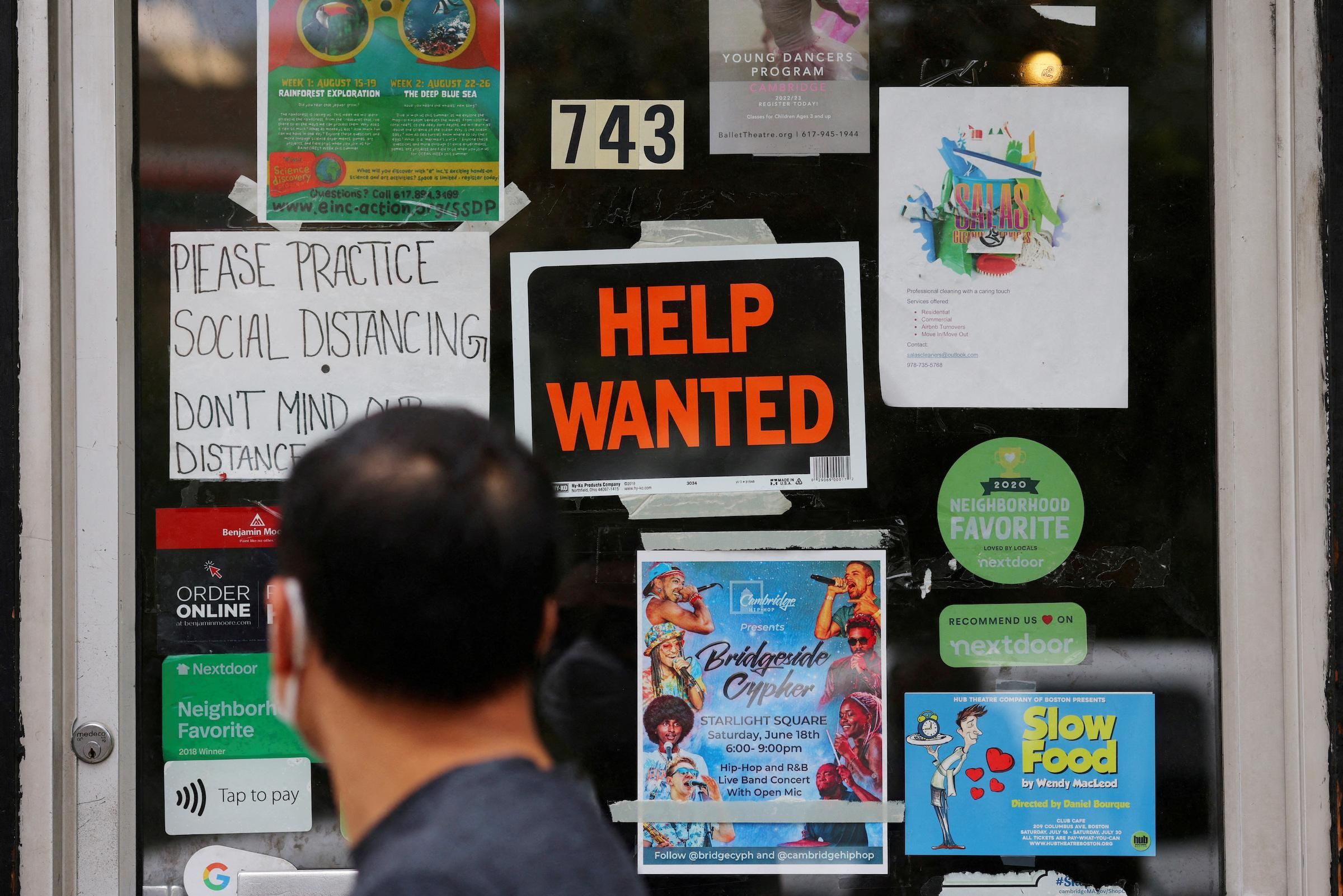What We’re Watching: US jobs report & new China, Afghan energy extraction deal
Jobs report: US labor market remains strong
The Fed’s interest rate hikes, designed to battle inflation, have slowed US job growth for a fifth straight month. The American economy added 223,000 jobs in December, well below last year's peak of 714,000 in February but still above expectations of around 200,000. The December numbers put the monthly average for 2022 at 375,000. A slowdown has been in effect since last August, but the labor market is still hot: 4.5 million jobs were created last year, the second highest since 1940. Such resilience likely means more interest rate hikes are to be expected. Meanwhile, the unemployment rate hit a historic low of 3.5%. The leisure and hospitality industry saw the biggest job gains, followed by healthcare and construction, while retail, manufacturing, transportation, and warehousing saw the least. President Joe Biden said the historic job gains are giving American families more “breathing room” amid the “cost-of-living squeeze.”
China, Afghan energy extraction deal reached
The Taliban have signed their first energy extraction deal. A Chinese company has sealed a three-year, $540 million agreement with Afghanistan to drill and extract oil from the Amu Darya basin in the north. The deal spans three Afghan provinces and will create 3,000 jobs. No country officially recognizes the Taliban as Afghanistan’s government, and it has been globally criticized for its treatment of women. Yet, the Chinese have maintained and strengthened their diplomatic presence in the war-torn country, which sits atop an estimated $3 trillion of untapped oil and minerals. Beijing’s presence has been punished by the Islamic State, which attacked and injured several Chinese personnel in Kabul last month. But with tensions rising between Beijing’s erstwhile South Asian ally, Pakistan, and the Taliban, whose offshoots have stepped up their attacks on the nuclear-armed Islamic Republic, we’ll be watching to see whether the new oil deal might convince the Taliban to halt their support of terrorism.